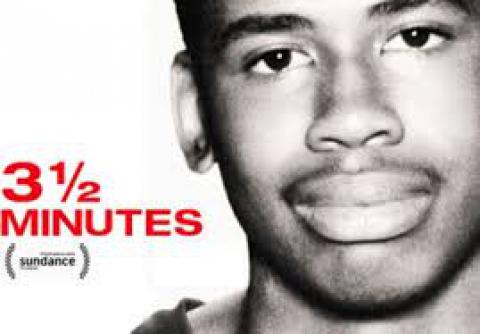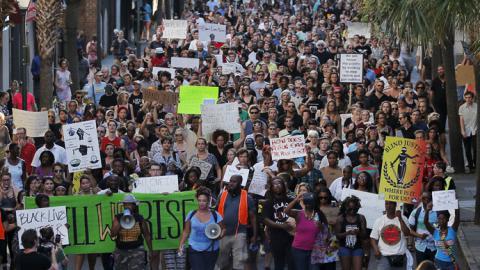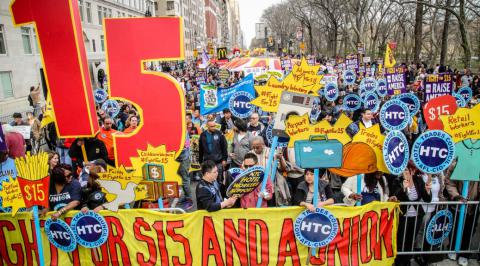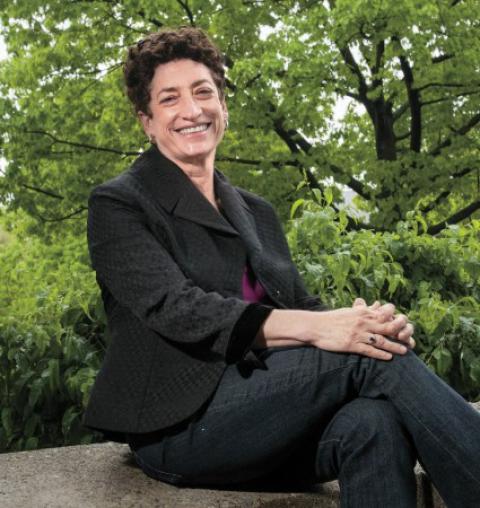The Human Rights Watch Film Festival Explores Social Justice
The New York Times

The films that opened and closed the Human Rights Watch Film Festival - Marc Silver’s 3 ½ Minutes, Ten Bullets, and Stanley Nelson’s The Black Panthers: Vanguard of the Revolution - tell interlocking stories. Although more than four decades separate the events they trace, there is a connection between what happened in the 1960s, when cities exploded in the wake of the assassination of the Rev. Dr. Martin Luther Kiing and discord today.








Spread the word